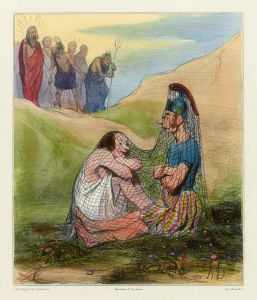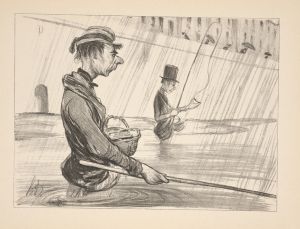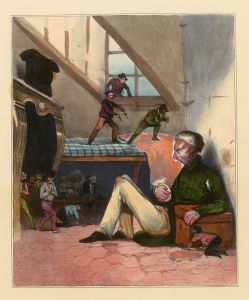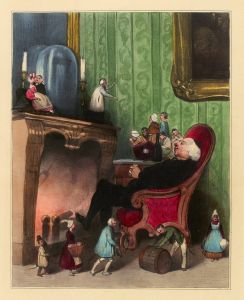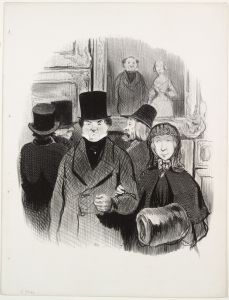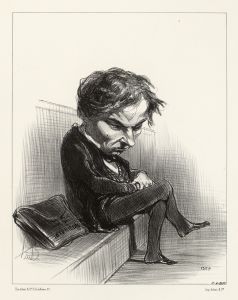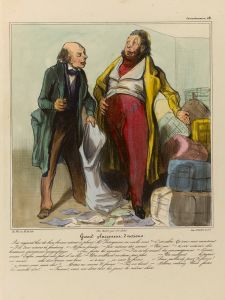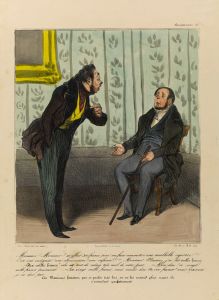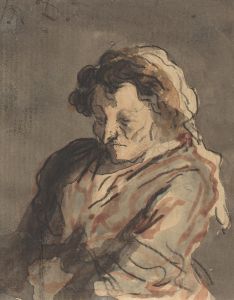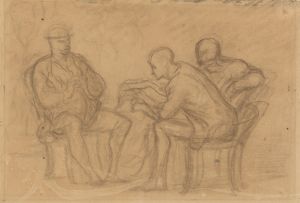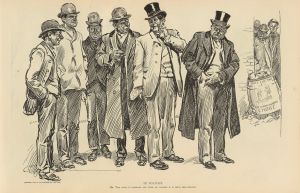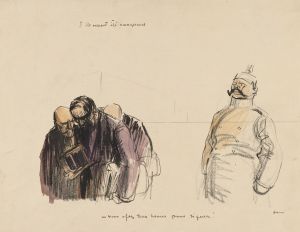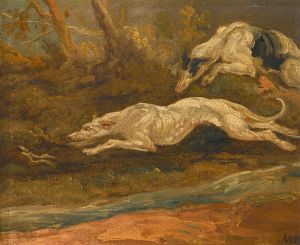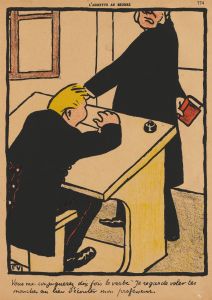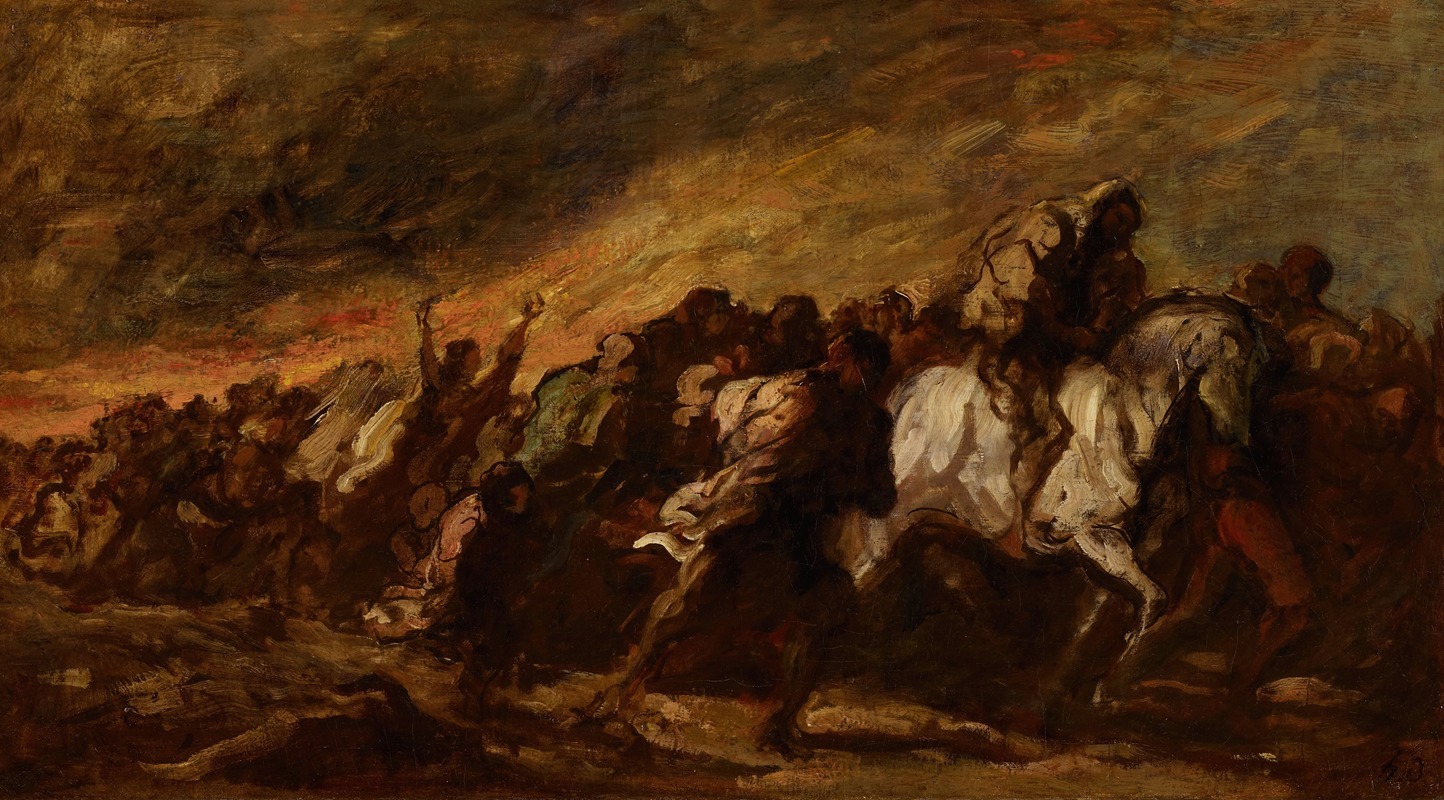
The Fugitives
A hand-painted replica of Honoré Daumier’s masterpiece The Fugitives, meticulously crafted by professional artists to capture the true essence of the original. Each piece is created with museum-quality canvas and rare mineral pigments, carefully painted by experienced artists with delicate brushstrokes and rich, layered colors to perfectly recreate the texture of the original artwork. Unlike machine-printed reproductions, this hand-painted version brings the painting to life, infused with the artist’s emotions and skill in every stroke. Whether for personal collection or home decoration, it instantly elevates the artistic atmosphere of any space.
Honoré Daumier, a prominent French artist known for his caricatures, paintings, and sculptures, created "The Fugitives" during a period marked by social and political upheaval in France. Daumier's work often reflected his keen observation of the human condition and his commitment to social commentary, and "The Fugitives" is no exception.
"The Fugitives" is a painting that captures the essence of flight and desperation, themes that were recurrent in Daumier's work, especially during times of political unrest. Although specific details about the painting's creation date and its current location are not widely documented, it is known that Daumier was active during the 19th century, a time when France experienced significant political changes, including the revolutions of 1830 and 1848, as well as the establishment of the Second Empire.
Daumier's artistic style is characterized by its expressive use of line and form, often conveying a sense of movement and emotion. In "The Fugitives," Daumier likely employed these techniques to depict individuals in motion, possibly fleeing from danger or oppression. His ability to capture the nuances of human expression and the gravity of their circumstances is a testament to his skill as an artist and his empathy for the subjects he portrayed.
Throughout his career, Daumier was deeply influenced by the socio-political environment of his time. He was known for his satirical lithographs published in newspapers such as "La Caricature" and "Le Charivari," where he critiqued the government and society. This background in satire and social critique often informed his paintings, which, while less numerous than his lithographs, carried the same depth of observation and commentary.
"The Fugitives" can be seen as part of Daumier's broader body of work that addresses themes of justice, freedom, and the plight of the common people. His focus on the struggles of ordinary individuals against the backdrop of larger societal forces resonates with the viewer, inviting reflection on the timeless nature of such struggles.
Daumier's legacy as an artist is significant, with his works continuing to be studied and appreciated for their artistic merit and social relevance. "The Fugitives," like many of his paintings, serves as a window into the 19th-century French society and the enduring human themes of resilience and survival.
While specific details about "The Fugitives" may be limited, the painting remains an important example of Daumier's ability to blend artistic expression with social commentary, capturing the essence of his time and the universal human experience.





